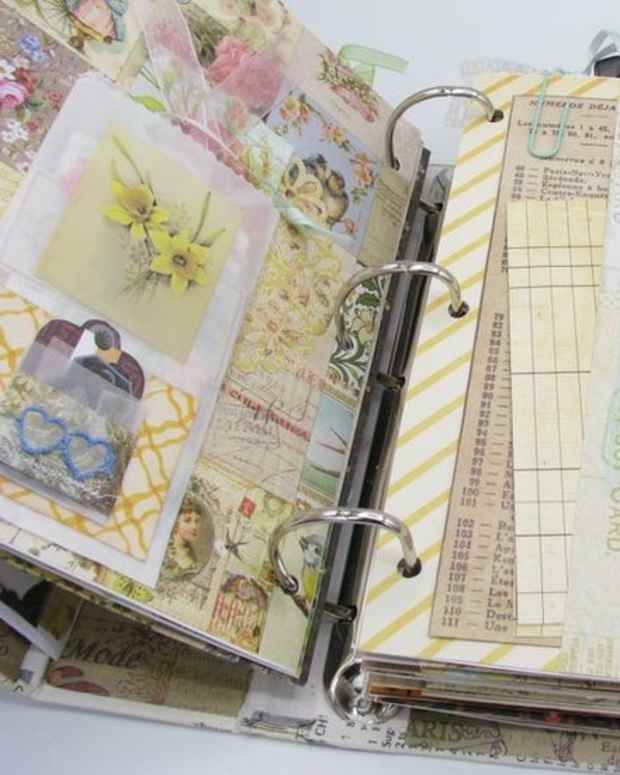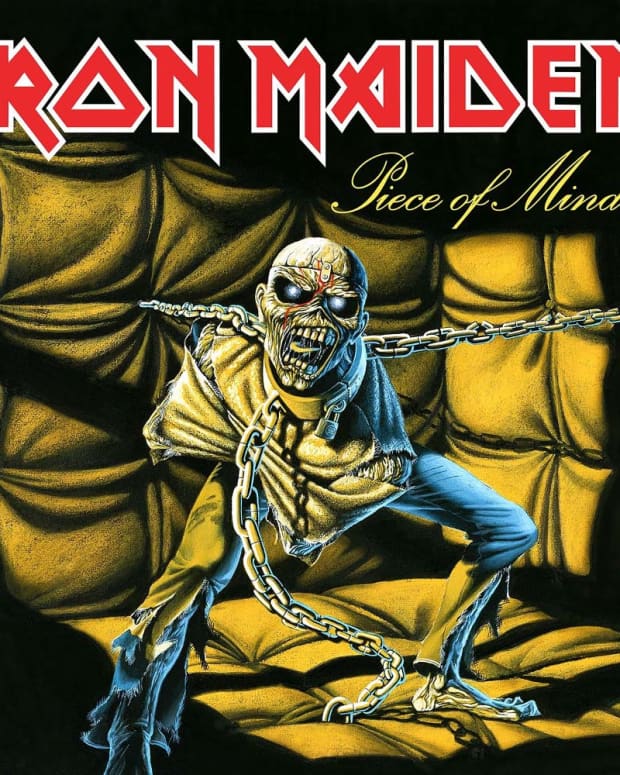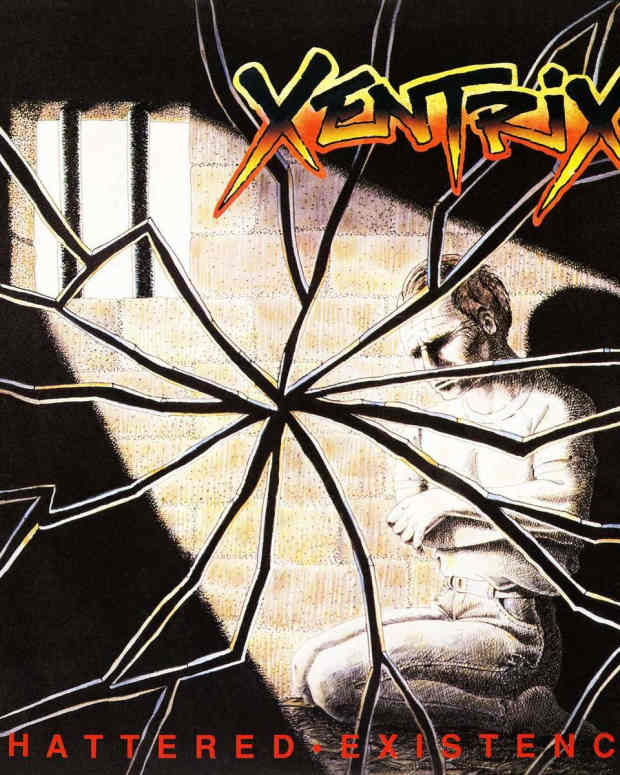How Much Does It Cost If You Are Getting Married in Ireland

The legal requirements you have to meet in order to get married in the Republic of Ireland.
Creative Commons
How Much Does It Cost If You Are Getting Married in Ireland in a Registry Office?
Whether you are marrying in a church or a registry office in the Republic of Ireland there are procedures that must be followed for the marriage to become legal. These rules apply to same sex marriages as well. Learn what you have to do in order for you to receive a Marriage Registration Form which gives you permission to marry. Everything you need to know so you can legally marry in the Republic of Ireland.
The Legal Contract of Marriage
There are rules that must be adhered to for the ceremony to become legal.
- Be over 18 years of age. In some circumstances if under this age it can still go ahead if there is a Court Exemption Order.
- Both parties to be mentally able to understand what marriage is.
- Not be related to each other by blood, or in some circumstances by marriage, so that the law prohibits you from marrying each other.
- Both must have the capacity to marry each other at the time of the wedding. If on the day either of the parties are either intoxicated or suffering from any form of mental incapacity the wedding can be made void at a later date.
- Supplied the Marriage Registration Form to the person performing the ceremony.
All of the above conditions must be met by both for the ceremony to become legal. There is no legal requirement for parental consent to a marriage.
The Registrar's Office
By law both parties must attend a Registrar's Office in person at least three months before the date of the wedding. This is to give official notification. This rule applies to those either getting married in a church or a registry office. It is best to make an appointment so you can both attend with the relevant documents on the day.
Documents Needed
- Original birth certificate and a copy.
- Passport and a colour copy.
- PPS numbers
- Proof of Address – A Utility bill or bank statement no longer than three months old. Original document and a copy.
- If these documents are not in English or Irish then an English translation from an independent, verifiable, translation company must be provided.
- If either person is a widow or widower then their spouse's original death certificate and a copy. Also original marriage certificate and a copy.
- For those who have had an Irish divorce, foreign divorce, civil partnership dissolution or a civil partnership or marriage that was annulled by an Irish court you must inform the Registrar when you make the appointment. They will explain exactly which documents you need to bring with you.
- Both of you will also be required to sign a declaration that you know of no lawful impediment to your proposed marriage. This must be done in the Registrar's presence by law.
The Details of the Wedding
The Registrar will also need information about the intended marriage:
- What kind of ceremony it will be - civil, secular or religious.
- Where and when the marriage is to take place.
- The names and dates of birth of the two official witnesses who are to sign the Marriage Registration Form.
- Name of the Solemniser of the marriage.
There is a fee for this service of €200. This must be paid at the time of your appointment. Once all these things have been done and the Registrar believes there is no impediment to the marriage, he will issue you with a Marriage Registration Form.
This is a legal document that allows you to marry in Ireland. If the marriage does not take place within six months of the date on the form then it becomes invalid and the couple must reapply again.
Same-sex Marriage in the Republic of Ireland
Same-sex marriage became legal in the Republic of Ireland on 16th November 2015. For those wishing to get married in Ireland today the rules are the same as for opposite sex couples as stated above. Participants are still required to give three months notice of the marriage.
The first marriage ceremonies of same-sex couples in Republic of Ireland happened on 17 November 2015. This was possible because couples who were already in a civil partnership only had to give five days notice of their intended marriage date.
Civil Partnership in the Republic of Ireland
When gay people marry their civil partnership is automatically dissolved. Couples already in a civil partnership who do not wish marry can remain as they are. Their keep their rights and responsibilities.
The Republic of Ireland became the first country to legalize same-sex marriage by popular vote. It was not until 1993 that sexual activity between same sex couples was decriminalized in the Republic of Ireland.
How To Find a Registrar
There is a list of the offices of registrars here. Click the link below and you can book an appointment online.
You can also find your local Registrar at the HSE office.
During The Ceremony
The Marriage Registration Form should be given to the person who will be solemnising the marriage before the ceremony.
Declarations During the Services
There are two declarations that must be spoken by both those getting married. It does not matter what kind of marriage ceremony it is. They are:
- That you do not know of any impediment to the marriage.
- That you accept each other as husband and wife.
As soon as the marriage ceremony is over the MRF should be signed by the couple, the solemniser and the two witnesses. The form is then returned to a Registrar as soon as possible. You will then be able to apply for your Marriage Certificate.
How To Find a Solemniser
He or she is the person who carries out the marriage ceremony. They must be on a Register of Solemnisers whether it is a secular or religious marriage.
Data Capture Form
You should both download and complete the Data Capture Form and bring it with you to the Registrar. Click on the link below
How Much Does It Cost If You Are Getting Married in Ireland in a Registry Office? What to Do to Get a Marriage License
This article is accurate and true to the best of the author’s knowledge. Content is for informational or entertainment purposes only and does not substitute for personal counsel or professional advice in business, financial, legal, or technical matters.





















